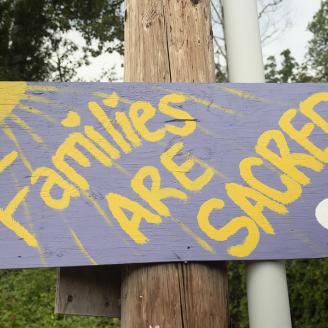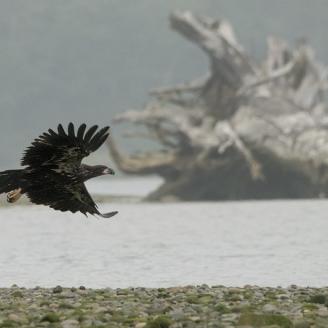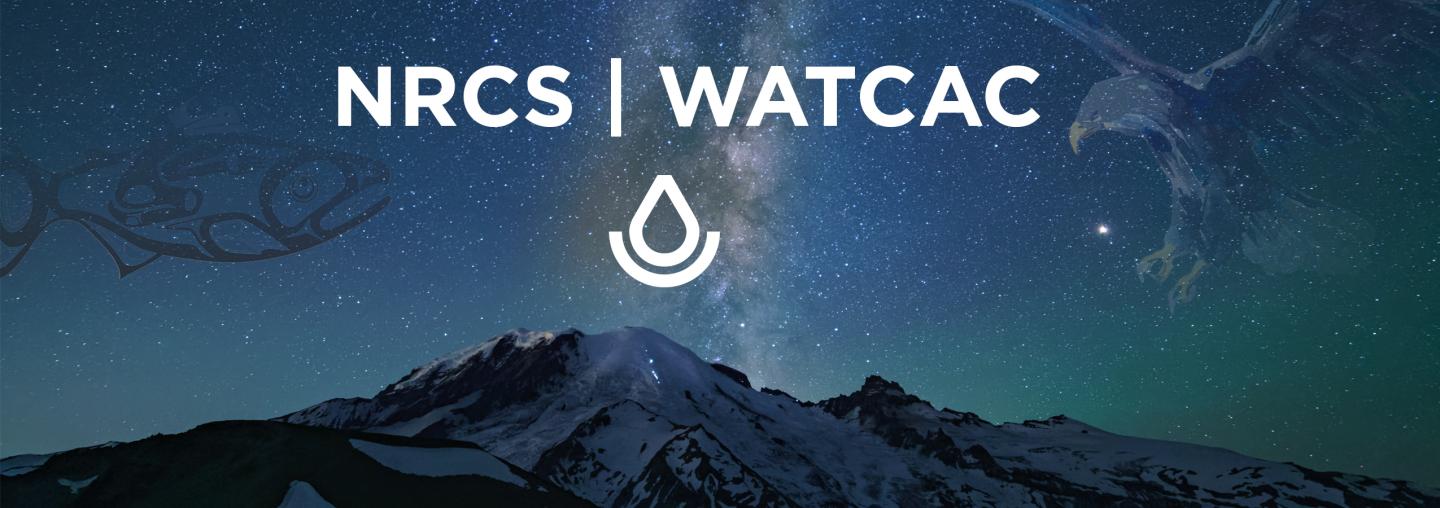
NRCS Programs for Tribes and Tribal Members
NRCS and American Indians share a common interest in conserving and managing natural resources of our earth. NRCS is committed to providing assistance to American Indian producers and tribes. To help meet our goal of providing high quality conservation planning and program services to American Indian operator the NRCS provides technical and financial assistance to private landowners and operators, tribes and tribal members to assist them in protecting and improving natural resources such as soil, water, air, plants, and animals. Provided assistance, includes but is not limited to the following: Conservation planning on cropland, pastureland, and rangeland and assistance to apply rangeland management and improvement practices, irrigation water development structures and management, brush control, erosion control structures, agriculture, forestry, farmland protection, wildlife habitat improvement, and wetlands restoration.

Federally Recognized Tribes in Washington
Explore our map to view the different Tribal Nations and a link to their associated websites
NRCS Washington working with Tribes

Lummi Tribe – Sacred River
Watch "Sacred River" to learn how NRCS is working with the Lummi Tribe to restore salmon habitat by installing engineered log jams on the Nooksack River
Watch to learn how NRCS is working with the Lummi Tribe to restore salmon habitat by installing engineered log jams on the Nooksack River and check out the photos here.

Quilete Tribe – Thunder Road
Watch, "Thunder Road" to witness NRCS's work with the Quilete Tribe to improve salmon passage by replacing culverts.
Watch this video to learn how NRCS is working with the Quilete Tribe to improve salmon passage by replacing culverts and take a look at the photos here.
Washington Tribal Conservation Advisory Council (WATCAC)

Initiated in 2011, the Washington Tribal Conservation Advisory Council (WATCAC) provides a forum for twenty-nine (29) Native American Tribes in Washington to address natural resource issues on Tribal lands. The WATCAC provides a tribal voice to the USDA Natural Resources Conservation Service (NRCS) on conservation issues that are important to Washington tribes at the state and national levels.
Tribal Conservation Advisory Councils were first authorized in the 1995 Farm Bill as advisory bodies to USDA agencies including NRCS on Tribal issues.
WATCAC Meetings
The WATCAC holds meetings once a quarter on the day before the State Technical Advisory Committee meetings. The Tribal Advisory Council meets face-to-face 2 times a year, alternating between the east and west sides of the state. Virtual options are also available. The meetings are open to all tribes, however, those tribes who have passed resolutions to participate in the WATCAC have voting privileges. Each tribe appoints two representatives who provide council and technical voices to NRCS.
Upcoming Washington Tribal Conservation Advisory Council (WATCAC) and State Technical Advisory Committee (STAC) Meetings
- Nov. 20, 2025 (STAC & WATCAC) (Remote)
NRCS Washington Tribal Liaison Contact Information
NRCS Washington State Tribal Liaison (acting)
Nick Vira
1835 Black Lake Blvd. SW, Suite D
Olympia, WA 98512-5607
Phone: 605-680-5436
Email: nick.vira@usda.gov
Tribal District Conservationist-Colville
Hannah Tomlinson
21 Colville Street
Nespelem, WA 99155
Cell: 509-634-6163
Office: 509-422-2750 Ext. 111
Email: hannah.tomlinson@usda.gov
Tribal District Conservationist-Yakima
Vacant
401 Fort Rd., Room 217
Toppenish, WA 98948
Phone: 509-865-2255

